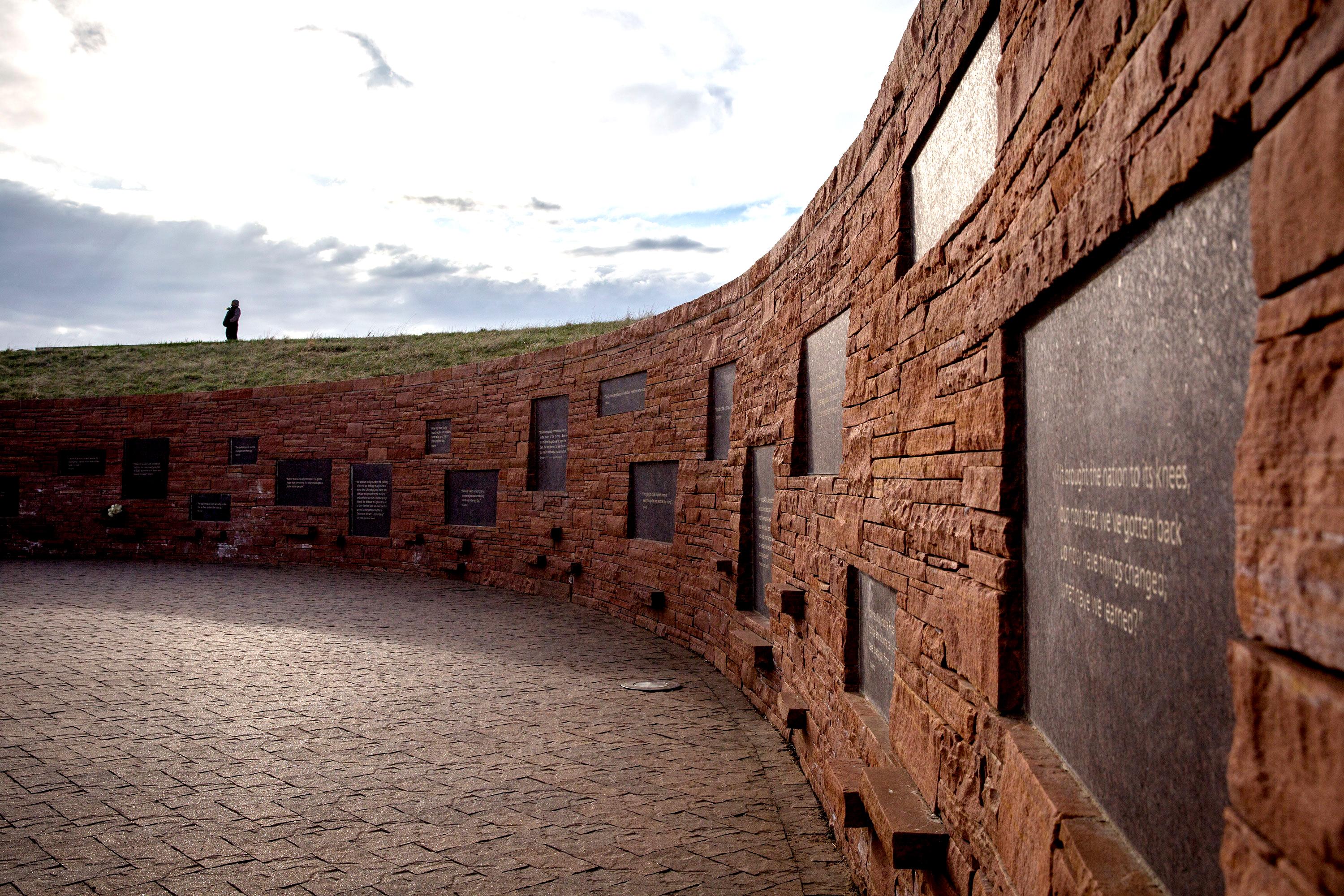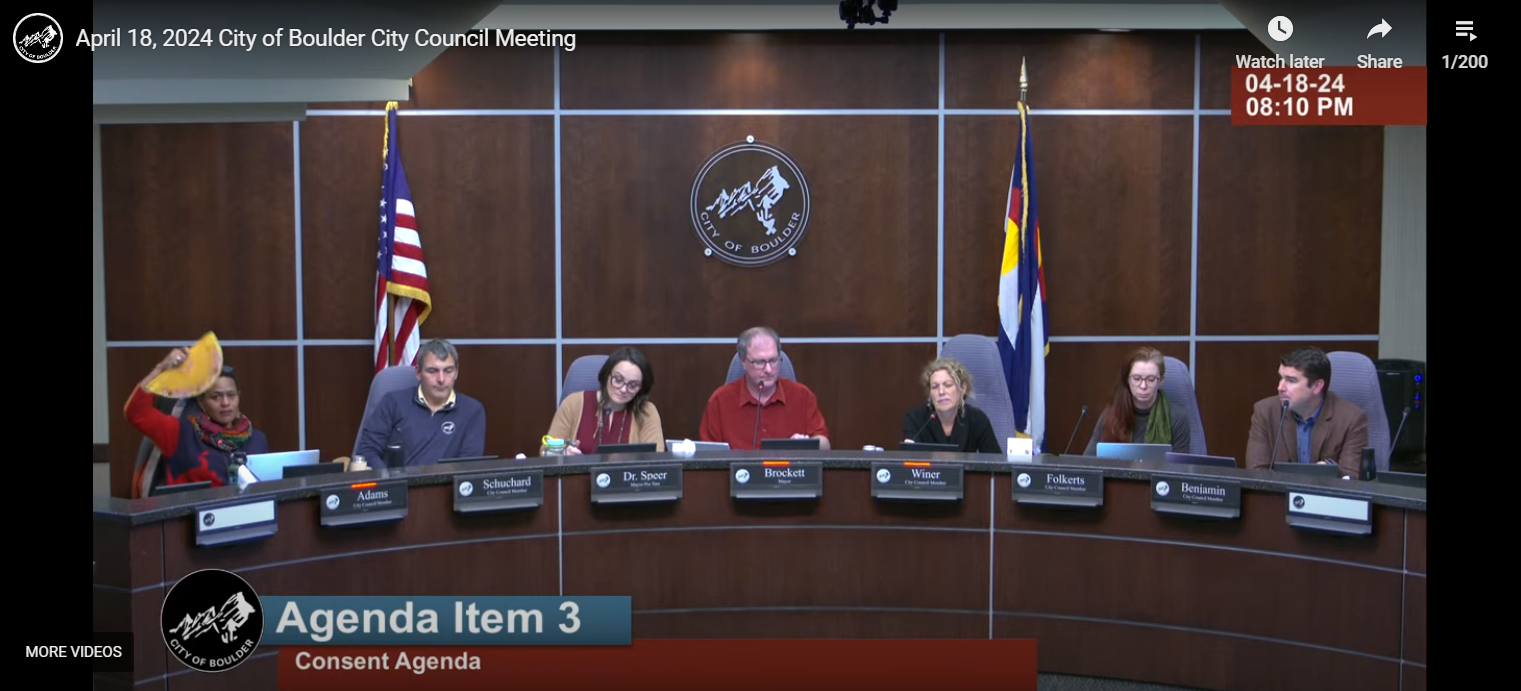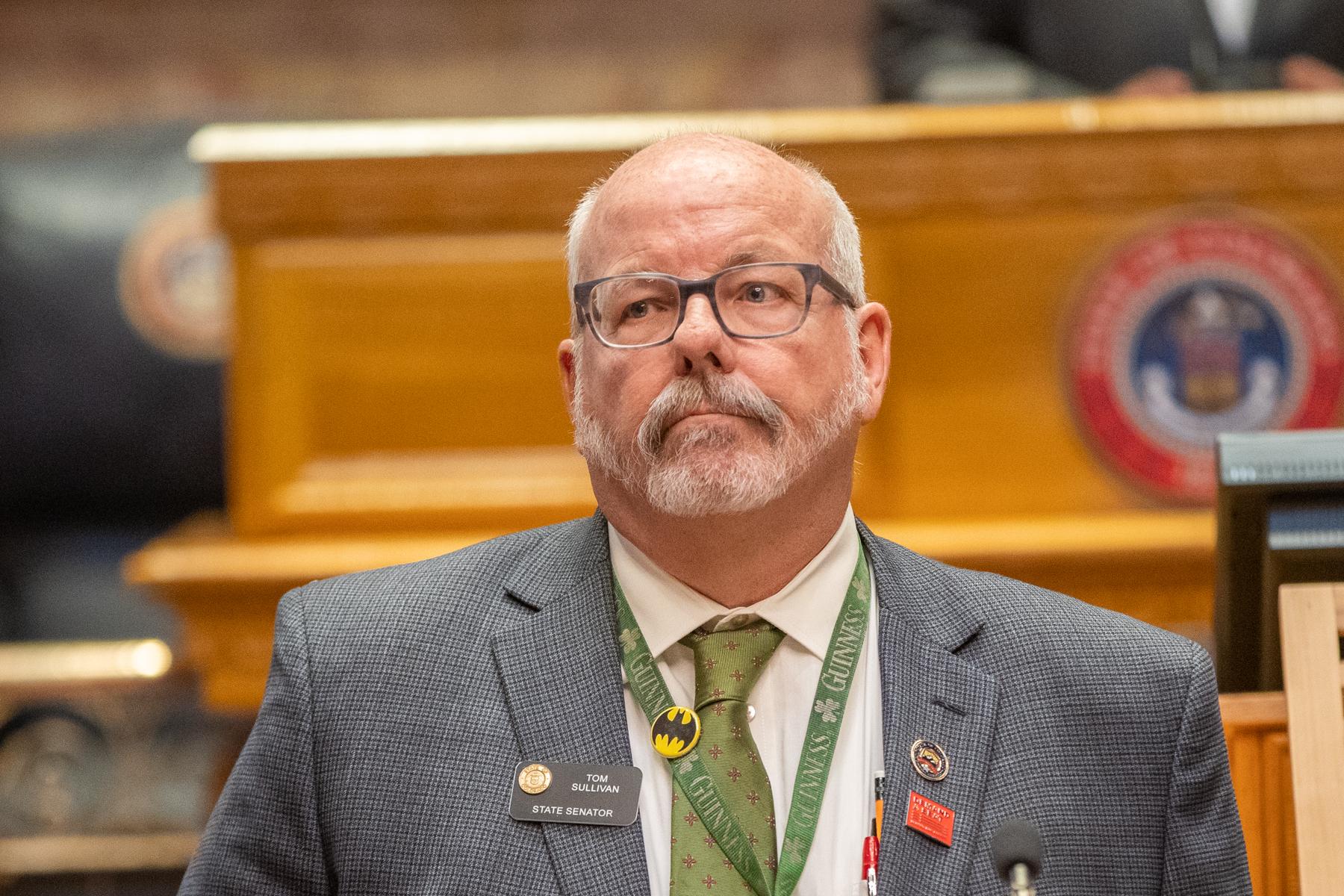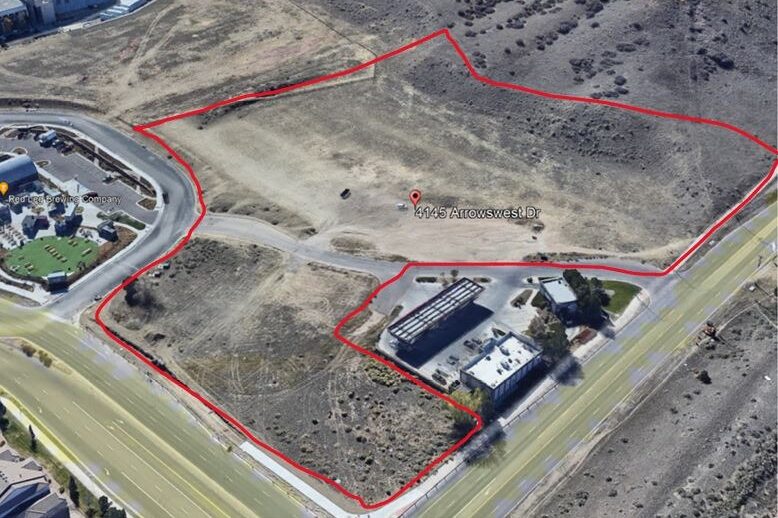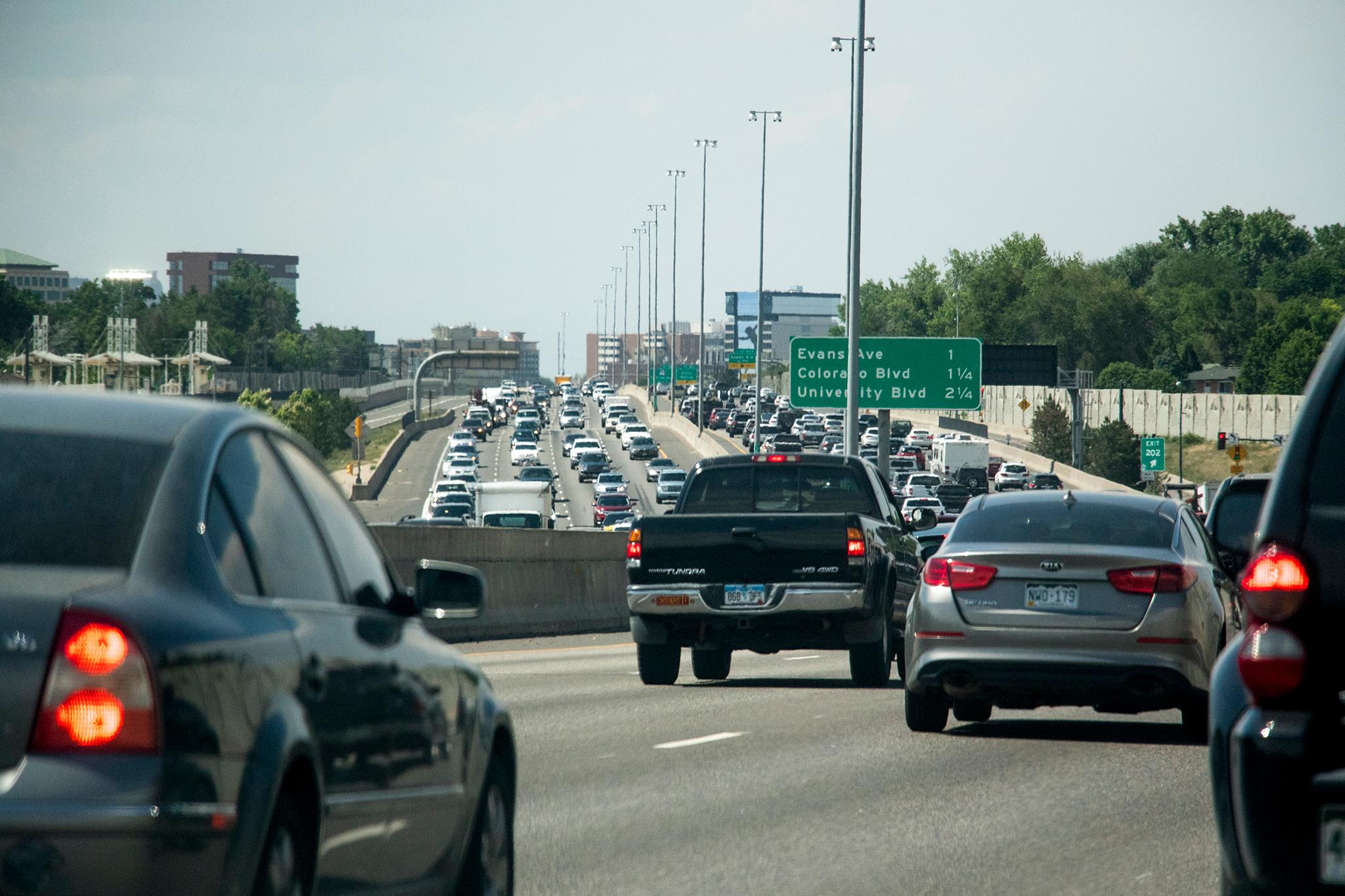
Updated at 4:50 p.m. on June 2: This story and its headline have been updated to reflect that the State Senate approved the Colorado House of Representatives' amendments and passed the funding bill, and that Gov. Jared Polis will sign it.
Colorado’s transportation system will see an infusion of billions of dollars under a bill that cleared its final legislative hurdle on Wednesday.
The Colorado House of Representatives passed Senate Bill 21-260 Wednesday after the Senate approved it in May and approved House amendments later on Wednesday. The bill is on its way to Gov. Jared Polis; a spokeswoman for his office said in an email he will sign it.
The bill diversifies how transportation funding is raised and spent in the state. Fuel taxes, unchanged since 1991, have been the primary source of revenue for state and local road projects.
Under the bill, those existing taxes plus more than half a dozen new fees totaling $3.7 billion over a decade will pay for everything from road repair and expansion to electric vehicle incentives, electric public transit vehicles, environmental mitigation and more. Another $1.484 billion will come from the state’s general fund and one-time stimulus funding.
“This anticipates the future,” said House Speaker Alec Garnett. “That’s what legislation should do in this state. We need to anticipate where we are going to go. Senate Bill 260 does that.”
Business and environmental interest groups have lodged complaints about the bill, but the Democratic sponsors were able to pull together a fairly diverse coalition of support outside the Capitol — even if it ultimately passed with only one Republican vote, state Sen. Kevin Priola.
The bill’s sponsors used fees, not taxes, to avoid the need for voter approval under the Taxpayer’s Bill Of Rights. They also spread the new fees, most of which will kick in next year, across four new enterprises to sidestep new limitations on fee-collecting enterprises under Proposition 117.
That strategy runs counter to the will of the voters, argued state Rep. Andres Pico, R-Colorado Springs. He said the state should emulate the Pikes Peak region, where voters in 2017 approved a sales tax increase to fund local transportation projects.
“You check in with the voters. You give them the project list of what you’re going to work on. And you keep faith, and you report back to them and you tell them what you accomplished,” Pico said. “None of that is in this bill.”
Other Republicans said with the threat of inflation looming, many Colorado families won’t be able to afford higher prices at the pump. The conservative group Americans For Prosperity says it will pursue a ballot measure that would ask voters to lower the gas tax in 2022.
Perhaps the biggest impact of Senate Bill 21-260 will take much longer to see: many of those new fees will rise automatically over time. That could help the Colorado Department of Transportation pay for its partially unfunded $5 billion 10-year plan, and avoid a similar disparity between revenue and need in the future.
Policymakers have been trying to create a new transportation funding mechanism for years, as a litany of failed legislation and ballot measures shows. Bill sponsor state Rep. Matt Gray, D-Broomfield, said this bill was the most difficult policy he’s worked on in his time at the Capitol.
“This bill is not for any one group of constituents,” he said just before the final vote. “It’s not just for rural Colorado. It’s not just for suburban Colorado. It’s not just for urban Colorado. It’s for all of Colorado.”

